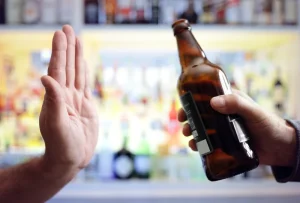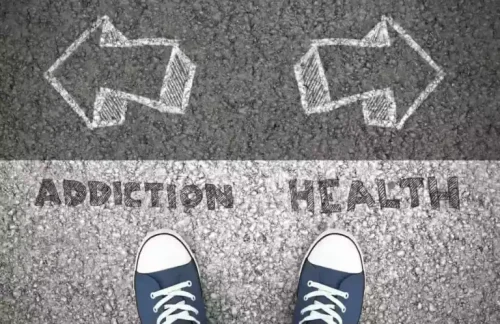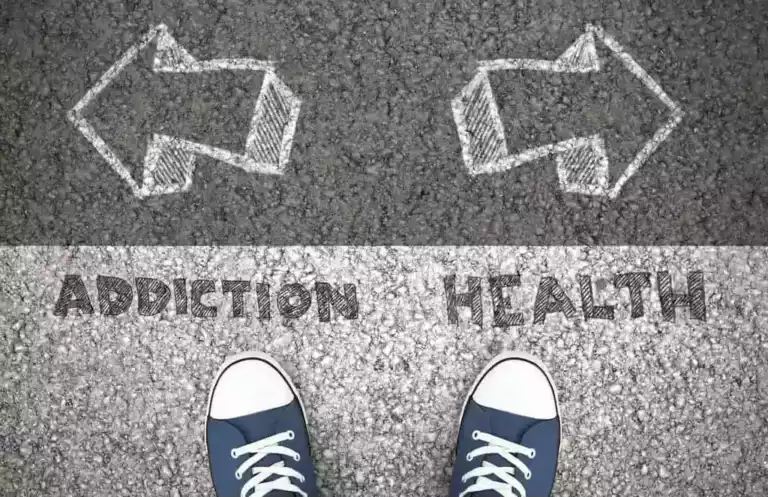
Over time, heavy drinking can lead to more serious oral problems like gum disease, tooth decay, mouth sours, and oral cancer. If you suspect that a loved one is struggling with alcoholism, the best approach is to have a compassionate and non-judgmental conversation with them. Express your concern, offer support, and encourage them to seek professional help or join a support group like AA (Alcoholics Anonymous). Chronic alcohol use can trigger the development of spider veins or broken blood vessels, especially around the nose and cheeks. The liver processes most of the alcohol we drink but is unable to deal with all of it.
What Can You Do for Alcoholic Eyes?

Binge drinking increases the risk of developing alcohol use disorder. However, some will continue to drink heavily even after they graduate and move on to the next phase of their lives. Chronic alcohol abuse can damage the liver, leading alcoholic look to conditions like jaundice. Jaundice causes yellowing of the skin and eyes due to a buildup of bilirubin in the bloodstream. Alcohol can cause facial redness, commonly referred to as alcohol flush reaction.
- Not all alcoholics will experience “alcoholic face” symptoms such as flushing, discoloration, and facial swelling.
- This slows metabolism as the body prioritizes getting rid of alcohol calories, leading to weight gain.
- It’s become such an intricate part of their lives that they rely on it to help them deal with stress, loneliness, anger and other emotions.
- As the lining erodes, stomach acid can cause damage to the now unprotected stomach, causing a burning sensation, vomiting, diarrhea, and even bleeding of the stomach.
- It should not be used in place of the advice of your physician or other qualified healthcare provider.
Middle Stage Alcoholism
- Of the five subtypes, they rate highest for other psychiatric disorders and abuse of other substances.
- After reading the above information, perhaps you have noticed many of these symptoms in your own life or the life of someone you love.
- As dependence develops, it becomes difficult for the person to stop drinking.
- Treatment also involves dietary changes and medications to reduce inflammation.
If you find yourself regularly thinking about your next drink, or if you’ve tried to cut back on drinking and never quite succeeded, you may have an alcohol addiction. This is the rarest subtype, making up only 9% of people addicted to alcohol in the United States. Most individuals in this subtype are middle-aged and started drinking early. Of the five subtypes, they rate highest for other psychiatric disorders and abuse of other substances. Roughly 80% are from families that struggle with multigenerational alcoholism.
Rehabilitation Programs
We’re ready to help your loved one begin the journey to recovery —contact usto learn more about personalized, comprehensive treatment plans. The first stage of someone quitting alcohol is detox and it’s important to make sure that people who drink heavily don’t detox alone. The seizures that can occur during withdrawal can be severe enough to be fatal without medical supervision.
I’m Seeking Help
Talk to your doctor or dermatologist about existing skin conditions. Alcoholic face is a broad way to describe facial changes from excessive drinking. Redness, discoloration, and a puffy face are all obvious signs that it may be time to cut back on alcohol. Severe alcoholic hepatitis can come on suddenly, such as after binge drinking, and can be life threatening.

If You’re an Alcoholic, Help is Available for You for Recovery

According to the National Institute on Alcohol Abuse and Alcoholism, about 88,000 people die from alcohol each year. However, it proves that alcohol is a serious drug that should not be underestimated. Though alcohol is legal, it can be just as lethal as illicit drugs. Your skin, which is the largest organ of the body, will start to show when you’ve been leaving your body severely dehydrated too often. Instead of being soft and hydrated, your skin will begin to look cracked and wrinkled.
Moderate drinking is defined as a single drink or less per day for women and 2 drinks or less per day for men. Binge drinking is defined as 4 or more drinks for women or 5 or more drinks for men on one occasion. Heavy drinking is defined as 8 or more drinks per week for women and 15 or more drinks per week for men. These examples illustrate the nuanced relationship between alcohol consumption and premature deaths, with outcomes varying based on consumption patterns, public health infrastructure, and other factors. Alcohol can have very dangerous long-term effects on a person’s health if abused. There are several steps you can take to help improve the health of your liver.
For most people who drink, alcohol is a harmless part of the evening — a beer after work, a glass of wine with dinner, or a drink or two with friends. TheCenters for Disease Control and Protection(CDC) recommend that women have no more than one drink per day and that men have no more than two. However, for some people, alcosignshol use doesn’t stop at just a couple of drinks, and it can spiral out of control intoaddiction. They can go from having a casual drink here or there into becoming an alcoholic. Long-term alcohol use leads to the buildup of tolerance, a situation where the individual needs to drink more alcohol to get the same effects. Using alcohol in increasing amounts can lead to dependence, a situation where alcohol is required for normal functioning.
Once it takes hold, it can be hard to shake loose—without the right help. This subtype of alcoholics is typically middle-aged, well-educated, and may seem to have it all “together” on the outside. They are likely have a steady job, a seemingly stable family life, and do not often fit into the traditional stereotype of an alcoholic. If you recognize any of these alcoholic subtypes in yourself or someone you know, it may be time to seek help. Our admissions navigators are available 24/7 to provide the information you need to start your journey to sobriety.